

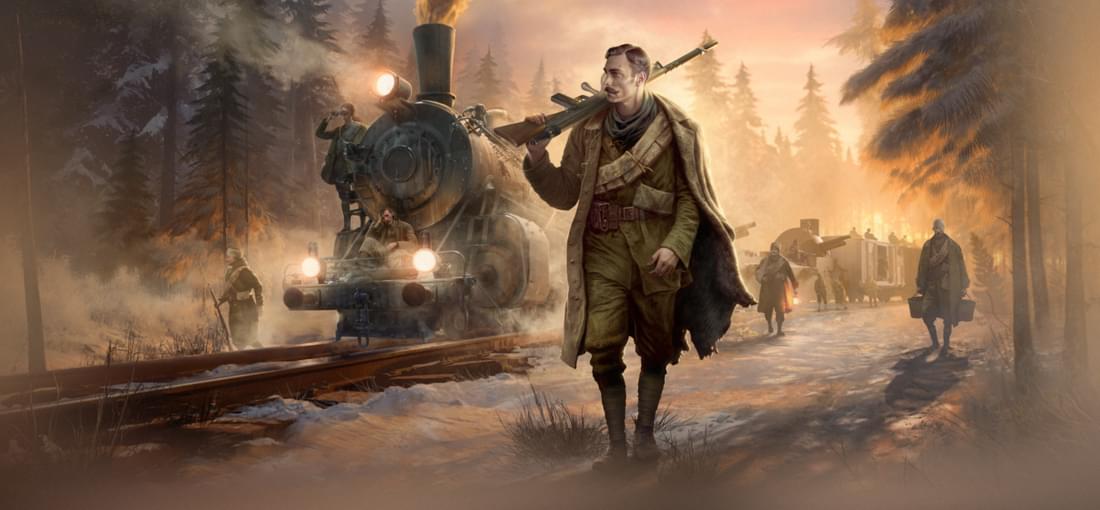
Setting the score to 1 star because otherwise GOG won't allow my review. The modern trend of rewriting history that doesn't conform to today's sensibilities is getting really tiring. Yes, up until very recently, war was considered to be men's job, with women serving only in auxillary roles. Games and movies still want to use history as dramatic background, but want to erase what they consider unpleasant. Well, at this point it's no longer history, it's fantasy. There is, of course, nothing wrong with fantasy, but media such as "Last train home" are still advertised as reasonably accurate. Even large and obvious inaccuracies aren't openly stated, so even if people realize that the story itself is fictional, they still take the portrayal as real - and it's hard to blame them for believing so. So let's state the facts. According to very thorough research [1], there were probably around 200 women serving with the Czechoslovak Legion, out of it's 50 thousand members overall in Russia. Out of these 200, vast majority was serving as hospital staff. Of the remainder, vast majority was serving in other noncombat roles. Of all the legionary women, the research names only two that maybe, probably served in roles involved combat. For the sake of argument, let's assume the real number is 20, that's 0,0004% of all legionaries. A number that is well below statistical error. [1] https://ius.bg.ac.rs/wp-content/uploads/2021/09/Nov%C3%A1k-Jakub-Women-of-the-legion-unrecognised-members-of-the-first-Czechoslovak-army.pdf
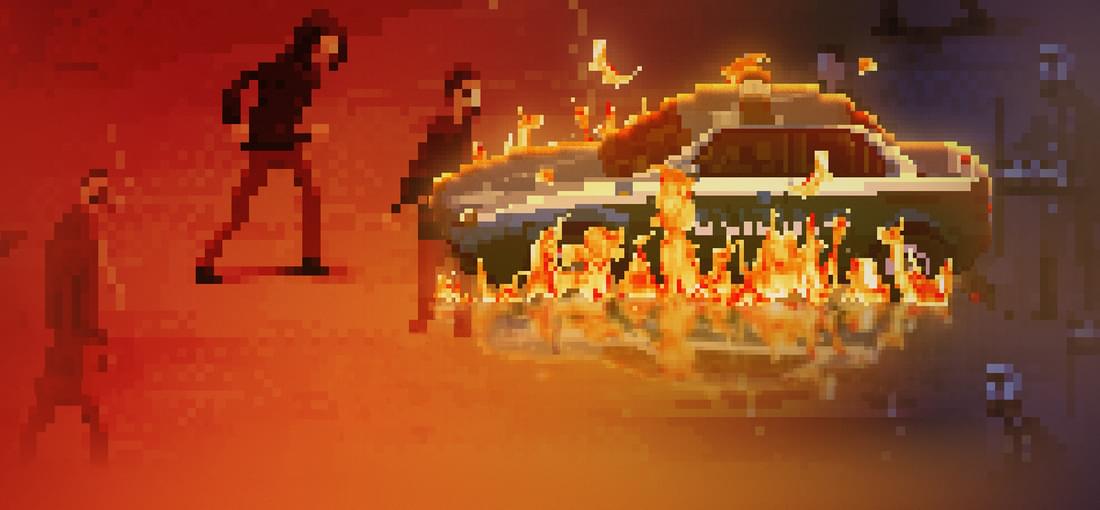
The game has interesting, unheard of theme which in itself deserves 1 star. However, it has no tutorial (at least it's not obviously exposed to the user) and very steep learning curve. The UI and gameplay needs to be discovered by trial and error, and since both are unusual and don't copy any established conventions, playing Riot is more like fighting the game itself rather than opponent.
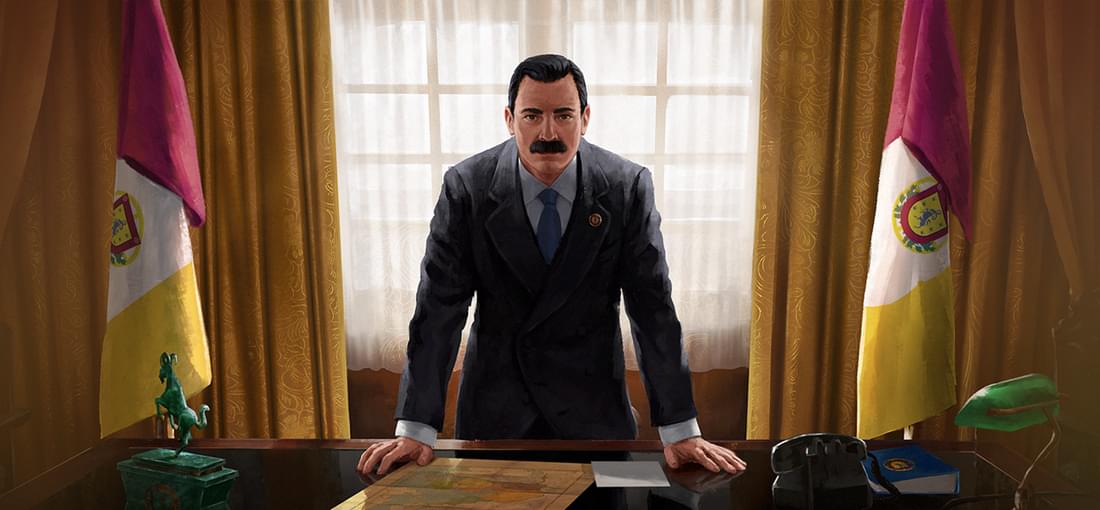
Suzerain drawn my interest right when it was release. As someone very interested in politics, the ability to play as president of fictional, but very fleshed out country in alternative 1950s was something straight from my dreams! Unfortunately, it doesn't really deliver. The game isn't really a sim - it's more like very well-crafted visual novel. Decisions and events are mostly driven by dialogue with other characters. This is where Suzerain shines - NPCs are well written and fictional is really deep. The game contains a codex with articles on every important place or person, so you can read about them in reasonable detail. There are few contrivances in the setting, but nothing too big. Up until the last chapter, the game feels good to great. The political landscape is quite deep, you have to navigate many conflicting interests. Sometimes you fail and you need to learn to pick your battles. 3 years of presidency in and my country was on right track, with balanced budget and good economy. But then my finance minister suddenly tells me that the GDP has fallen and the debt magically increased! The country is actually in an economic depression of magnitude unheard of in history. Wait, what? Wasn't it a steady recovery just a moment ago? I suspect it deteriorated because of sudden country-wide protests that were somehow spun by two minor radical organizations, which I had no reasonable means to avoid, but why their impact is so big to destroy the economy in a matter of months? It left me disappointed to the extreme. From the look of it, the game simply proved too ambitious for the studio to finish properly. I can see how there must be huge amount of variables and flags beneath the surface, and juggling them out to present a coherent story would be very hard even for larger studios. But it doesn't change the fact that this effort simply didn't succeed. Maybe someday there will be an ultimate political game, but Suzerain isn't it and I don't give points for trying.
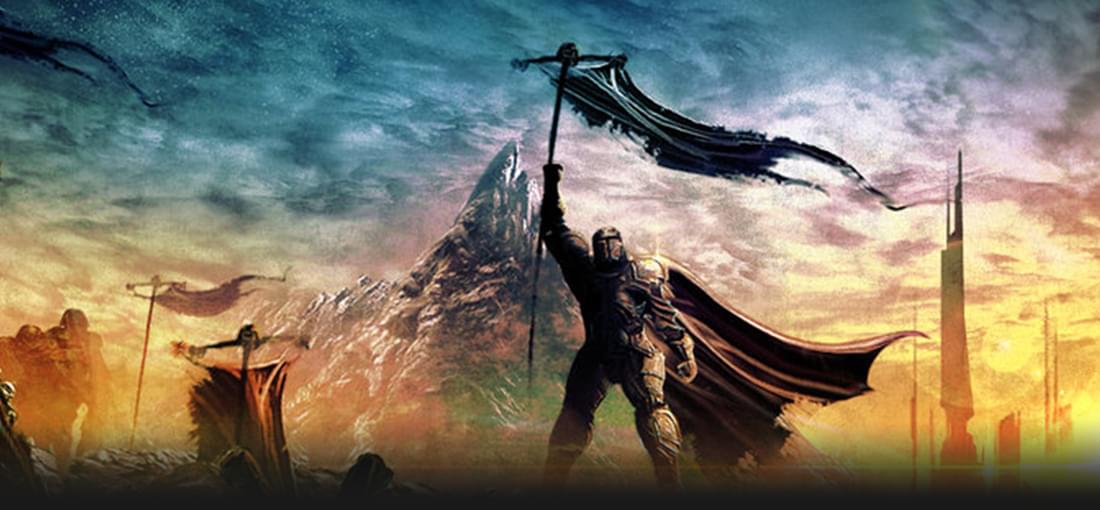
The game's scope is simply stunning, especially given the fact it was released in 1996. You get a strategy map of about 40 planets, each having their own custom civilization-like map. Planetary assault means transporting real troops via transport ships, landing them on the target planet and fighting a separate campaign on the planet's map. I don't know any other game with similar mechanics. The lore and feel of the game are also great - it's been followed by a fully fledged tabletop RPG system and, as others mention, the universe feels like a mix of Warhammer 40k, Frank Herbert's Dune and Isaac Asimov's Foundation. It's a huge treat for every sci-fi fan out there. Unfortunately, the game becomes almost unplayable after 30-40 turns. It's playable in technical terms, though crashes do happen and you should get in a habit of saving your progress often (no autosave!). But the gameplay itself is totally broken. The AI completely ignores unit costs, which means it's building capabilities are only limited by the number of buildings. Since it's also programmed to spam buildings, you find yourself against an enemy that is dumb, but almost unrestricted in terms of industrial power. It turns the gameplay into a clog where you have to slowly burn through dozens of enemy units. There seem to be cheats available for human player, but game mechanics make it very hard to manually manage vast quantities of units, so even if you get on par with the AI the amount of micromanagement will be too much to handle. Perhaps the game shines in multiplayer - which is quite unusual in modern age, since it's implemented via e-mail - but if you're looking for single player fun, you'll be disappointed.

I have to second the opinions about horrid UI and graphics. I'm really not the type who considers game without shiny 3D graphics to be unplayable, but 2D graphics can also look nice and above all - it should be readable. In this game, it isn't so. The images representing units are pixelated mess and it's very hard to distinguish them. The UI is very badly designed - uses too much text and too litle graphical information, and what information there is is often obfuscated. It doesn't seem to be designed by any real UX expert. It's great to play against one of - if not THE most advanced algorithms in strategy games, but I wish the presentation wouldn't be another thing that hinders the player.
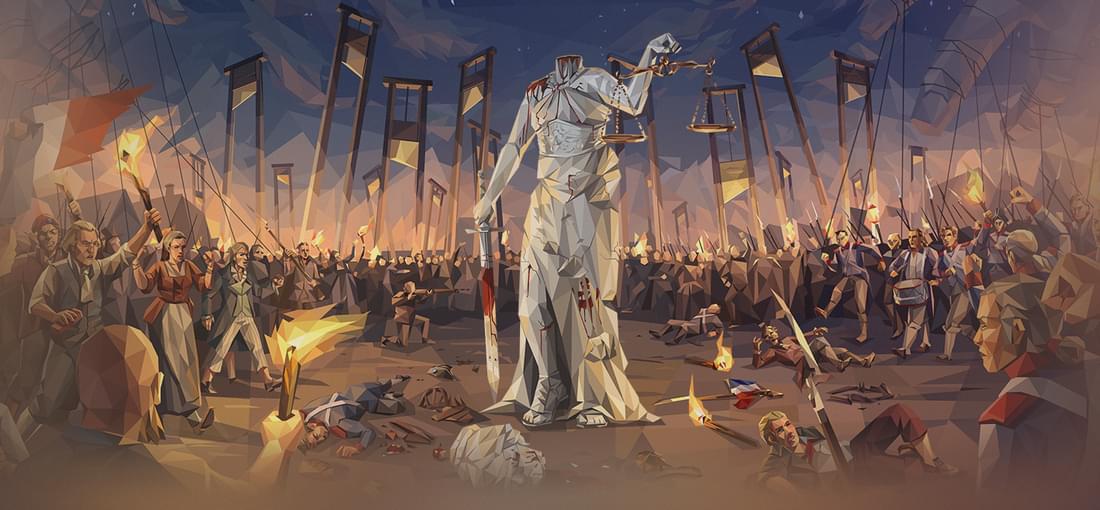
It's a nice story-driven game that I feel isn't far from greatness achieved by it's inspiration, "Papers, please". The root of the game are two minigames. One is connecting the elements of case to more general "themes" which results in questions being available to you as a judge. This one is forgettable and with complexity rising becomes much of a trial and error. The second minigame is asking those questions that will give a desired effect on the jury. By "desired" I mean that you can satisfy either the people, the revolution's ruling elites, your family or YOUR own sense of justice. The game gives you a variety of cases and if you're up for thinking about morality, it's really an enjoyable experience. You're also bound by the mechanics of "report" - you simply have to ask some questions to fill the case files, but you can choose not to and risk damaging your reputation. It's great that the game doesn't force you one way or another. All of that fuels the complex system of relations and reputation which I've yet to encounter the effects of, but I feel it's just before me. Contrary to other reviews: no, the game doesn't put you on track. If you'll ask all available questions then yes, the outcome becomes obvious, but it's a gameplay mechanic that you should pick what you want to ask of the accused. Also, the cutscenes are skippable by holding the mouse button. Myself, I have only two grievances: tutorial could be better, you will almost certainly have to learn most things by playing the game. And, when you pick the activity for your free time, it's not obvious what effects it will bring. Apart from those, "We. The Revolution" is really good for fans of story-driven games in lieu of "Papers, please" or "This Is The Police".
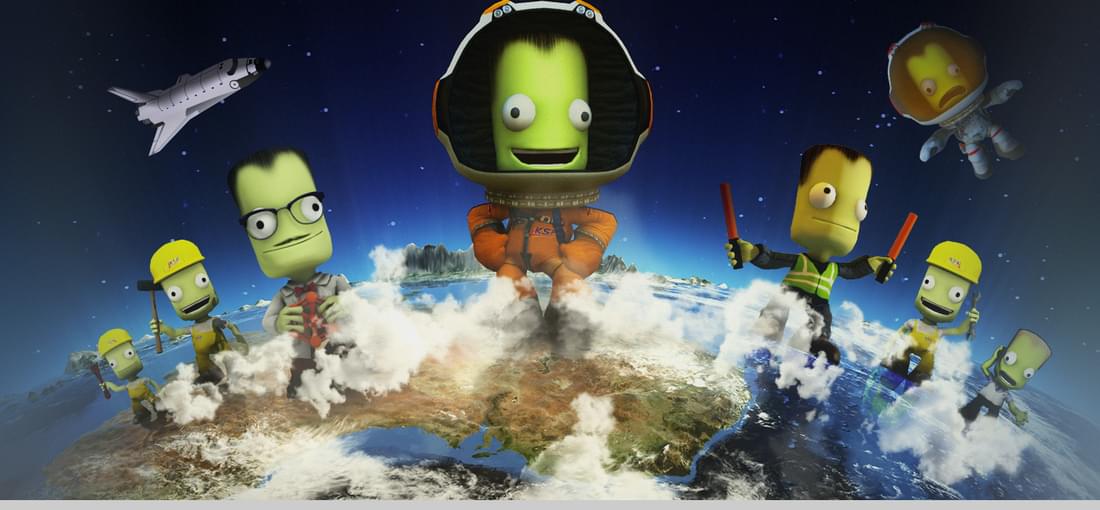
Well, contrary to many opinions, this game is NOT for everyone. The complexity is huge, and while I like complex games, here it's worsened by the trial and error nature of the game. It feels impossible to predict all the factors that contribute to success or failure of your space mission, which includes a minigame of manually steering the ship. The experience felt tedious and repetitive. If you don't like optimization games - I recommend not to buy it.